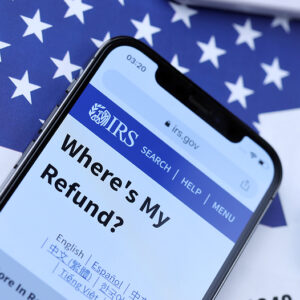For the typical American, paying federal income taxes is the most boring — and terrifying — thing we do every year. It’s boring because auto mechanics and nurses and sales people have to dig around in file drawers and shoe boxes trying to find numbers to fill out government forms. It’s terrifying because one mistake, […]

